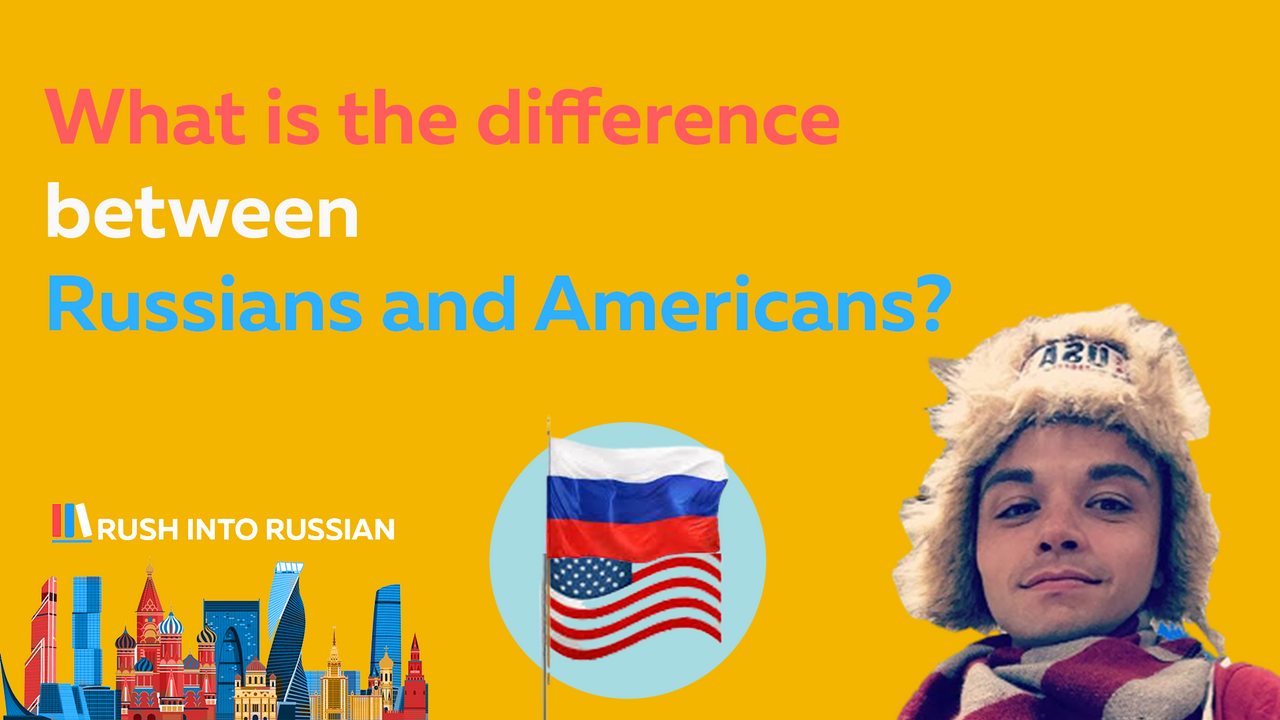Maslenitsa, Russian Pancake Week - 5 Things You Didn't Know

Maslenitsa is an old Russian holiday, celebrating the coming of spring. Also known as “butter week” or “pancake week”, the Russians use this holiday to welcome spring. Perhaps the celebration takes place because it has been HORRIBLY cold to the holiday, and the onset of warmer weather deserves much rejoicing, or – 'if not, why not?'
How exactly do we celebrate? Firstly, by eating tons of crepes (блины / blini / pancakes) and engaging in some festive activities. Since we are so excited for the arrival of spring, we celebrate for 7 whole days. Yes! A whole wonderful week!
Maslenitsa has surprising origins, sacred messages and bizarre traditions, to say the least. Moreover, it takes place in the last week before lent starts, when we naturally eat a lot!
If you meet a "modern" Russian, they will probably say that it is not a big deal, although they are most likely eating crepes (блины) this week. So, let's look at some fun things that you might not have known about until now. A little video o...
The difference between Americans and Russians. Is there a difference?

The first thing we need to understand are the two concepts of idealism and realism. When we are comparing Russian people and American people these two concepts become very important. It is a different outlook on life.
Today we are going to talk about differences in mentality and idealism vs. realism is a big part of that. So, in case you don't know, idealism is when you think that everything should be ideal and you believe in some kind of utopian society or some structure of society that should be perfect. And you operate under the assumption that things should work this way in society. You believe that there is something perfect and that our real world can reach those perfect standards. This is idealism.
The opposite of idealism is realism. It is when people understand that nothing is perfect. People take the real thing as it is and accept it and work with it as it is. They don't try to work so hard to reach the ideal because there is no ideal.
Not your usual greetings and farewells in Russian | How to say HELLO and GOODBYE in Russian

Some of the first things you learn when studying a language are greetings and farewells. And Russian doesn't make it very easy for us as students. I mean, during your first Russian lesson and you are forced to say: ЗДРАВСТВУЙТЕ! (zdravstvyuyte). "Are you kidding me?!" - you might be thinking. Well, the good news is that there are other ways to say HELLO and GOODBYE in Russian without twisting your tongue or sounding too formal. 
Here are some greetings for young people:
1) Instead of здравсвуйте, say: здрасте, привет, приветик, приветики, здоро́во, хай, хаюшки
2) Instead of как дела? say: как оно? как жизнь? как поживаешь? как ты?
And the same with saying GOODBYE. ДО СВИДАНИЯ (do svidaniya) somehow is known even by English speakers who have never had any Russian classes at all. But you don't have to use that one, in fact, Russian speakers don't use it when speaking with friends.
Here are some other farewells for young people:
1) Instead of до свидания, say: пока, пока-пока, ув...
Russian Grocery Store In America

If you ever find yourself in Russia, the first thing you might want to do, is go to the grocery store. You usually need to buy food and supplies, but what ends up happening is you go in and you are lost. What might help is getting accustomed to what Russian people buy and eat. The first step is looking at what is sold in Russian groceries stores abroad. In this video you can go with me to a Russian grocery store in Tampa, Florida. I will show you what products are popular with Russian people and what we usually buy.

While everybody is different and likes different food, Russians generally tend to eat porridge for breakfast (either oatmeal, or some other kind of grains). We also love our tea time, so there is a lot that goes with tea. And, of course, our dairy products (sour-cream, yogurts, kifer, milk).
I hope this video will give you a brief introduction to Russian food. Enjoy!
Pronunciation of the Russian letter Ы. Minimal Pairs И/Ы.

Russian Nouns and Adjectives

It can be difficult to understand when to use different noun and adjective endings in Russian. This lesson should clear up some of the basic rules.
Generally speaking:
Feminine nouns end with "а" or "я"
Masculine nouns end with a consonant
Neuter nouns end with "о" or "е"
Plural nouns end with "и" or "ы"
Adjectives have different endings. Generally speaking:
When a noun is feminine the adjective will end in "ая" or "яя"
When a noun is masculine the adjective will end in "ый" or "ой" or "ий"
When a noun is neuter the adjective will end in "ое" or "ее"
When a noun is plural the adjective will end in "ые" or "ие"
What Not to Say in Russia
If you've studied language before, then you are probably familiar with the term "cognate". A cognate is a word that sounds the same in two different languages and also has the same meaning. An example of a Russian cognate with English is телефон, which means telephone.
There are also things called "false cognates". False cognates are words that sound the same, but have different meanings (and that makes them confusing). Our list of 13 confusing Russian words is full of Russian false cognates. So, make sure you know what these words really mean to avoid a lot of confusion and misunderstanding.
13 Confusing Russian Words
1. Смелый
Sounds like: "Smelly"
Means: Brave
2. Факт
Sounds like: "Fucked"
Means: Fact
3. Пьяно
Sounds like: "Piano"
Means: Drunk
4. Нормально
Sounds like: "Normal"
Means: OK
5. Банда
Sounds like: "Band"
Means: Gang (but it also sometimes used about a band of musicians)
6. Фабрика
Sounds like: "Fabric"
Means: Factory
7. Инсульт...






